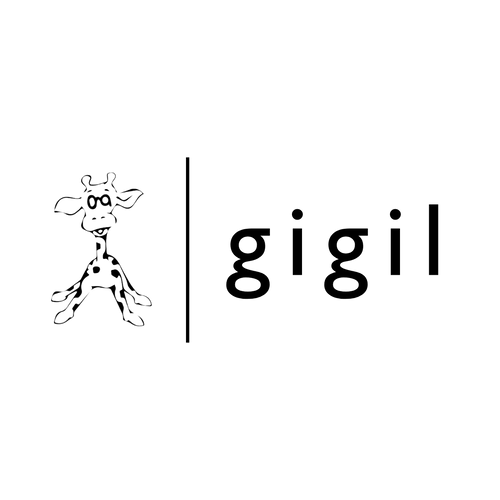When Do Babies Start Teething?
Teething – a fascinating milestone in your baby's growth – comes with its own set of joys and challenges. In this guide, we'll unravel the mysteries of when teething begins, how to spot the signs, and offer gentle ways to ease your little one's discomfort.
When Does Teething Begin?
Imagine teething as a unique voyage for each baby. While some babies might show signs as early as 3 months, most embark on this journey between 4 and 7 months. Remember, these are just general guidelines.
Recognizing the Early Signs
Picture your baby's gums as the welcoming stage for new teeth. Watch out for these telltale signals of teething:
- Sensitive Gums: Gums around emerging teeth may appear reddish, swollen, and tender.
- Fussiness: Unexplained crankiness and more tears might become your baby's temporary companions.
- Excessive Drooling: Teething often triggers a surge in drool. Stock up on adorable bibs!
- Chewing Instinct: That urge to chew on objects? It's your baby's way of soothing their aching gums.
- Sleep Interruptions: Be prepared for disrupted sleep patterns during the teething phase.
- Ear and Cheek Activity: If your baby tugs at their ears or rubs their cheeks, it could be linked to teething.
- Appetite Fluctuations: Teething can influence your baby's appetite temporarily, causing minor changes in eating habits.
Gentle Ways to Soothe
Offer your teething baby comfort and relief with these gentle strategies:
- Cool Comfort: Chilled teething rings and safe, cold toys provide relief for those tender gums.
- Loving Gum Massages: A gentle massage of the gums with your clean finger can work wonders.
- Introduction to Textures: For babies on solids, introduce cold, textured finger foods or teething biscuits.
- Distraction Techniques: Engage your baby with play, new sounds, and captivating toys.
- Consulting a Doctor: If discomfort seems intense, consult your doctor for suitable pain relief options.
Exploring the Teething Timeline and Tooth Extravaganza
While teeth don't follow a strict schedule, here's a glimpse into the toothy procession:
- The First Act – Central Incisors: The spotlight shines on the first set of teeth, usually between 6 and 10 months, often beginning with the lower front teeth.
- Progressing Onward – Front Teeth: The upper central and lateral incisors make their appearance roughly 4 to 8 weeks later.
- Side by Side: Around 9 to 13 months, the lower lateral incisors join the teething ensemble.
- Main Attraction – First Molars: These back teeth, essential for chewing, make their debut around 12 to 16 months.
- Pointy Participants – Canine Teeth: The pointy canine teeth join the gathering between 16 and 20 months.
- Grand Finale – Second Molars: The curtain call features back molars shining at approximately 20 to 30 months.
Caring for Those Shiny New Teeth
When the first tooth emerges, it's time for dental care basics:
- Gentle Dental Hygiene: Pre-tooth, use a damp cloth to clean gums. After teeth arrive, opt for a soft-bristle brush and water.
- Fluoride Facts: Ask your doctor about fluoride supplements or minimal fluoride toothpaste for your baby.
- The First Dental Visit: Introduce a dental visit by the first birthday or after the first tooth – building dental confidence starts early.
Helpful Tips for Teething Troubles
Empower your teething journey with these clever tips:
- Chill Out: Freeze a damp washcloth or teething ring – the coolness offers comfort.
- Soothing Touch: Gently massage those sore gums using your clean finger – a soothing touch goes a long way.
- Texture Exploration: Let your baby explore safe, textured toys or cold fruit slices – it's a sensory delight.
- Diversion Magic: New toys, sounds, and songs can whisk away teething troubles.
- Teething Accessories: Consider teething-safe necklaces or bracelets for parents – a dual-purpose accessory!
- Seek Expert Guidance: When in doubt, consult your paediatrician for expert advice.
Teething is a unique chapter in your baby's story, and naturally comes with its own rhythm and melody. By tuning in to your baby's cues and applying strategies from this guide, you'll navigate this phase with love and care.
Each new tooth symbolizes your baby's growth and resilience. With a dash of patience and a sprinkle of wisdom, you'll guide your baby through the teething symphony, uncovering the radiant treasure of their joyful, toothy smile.


